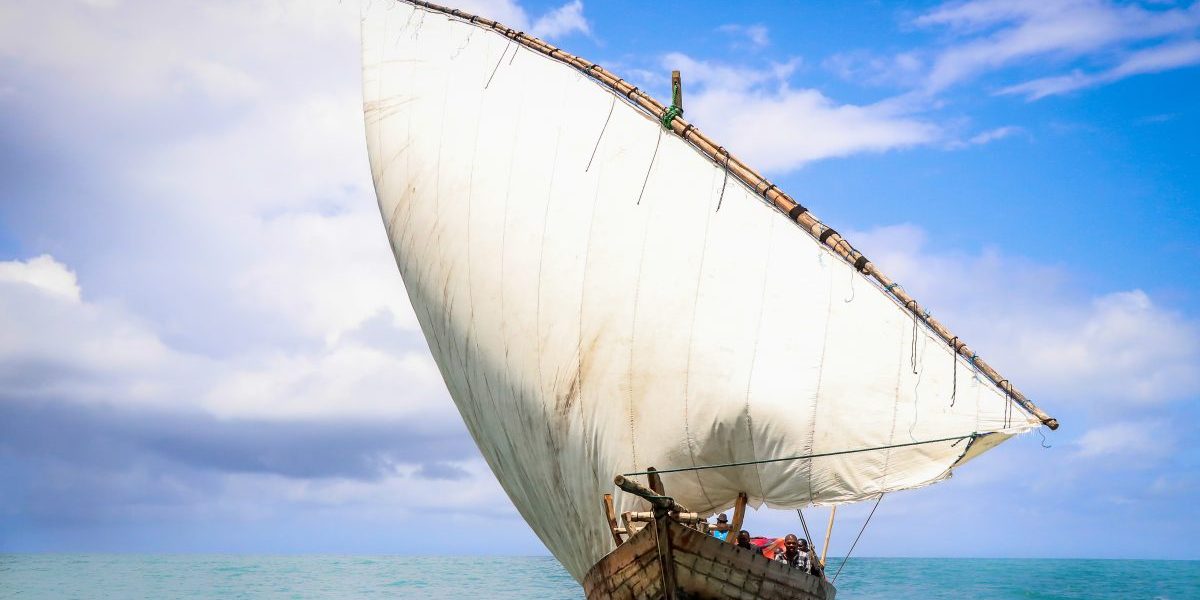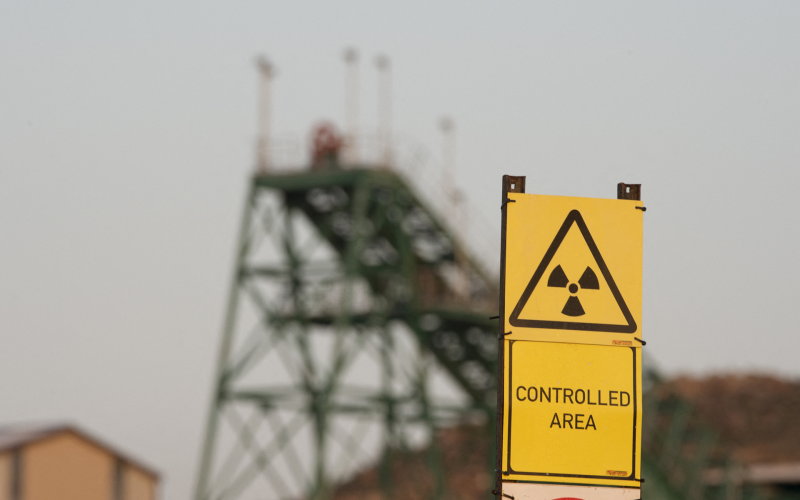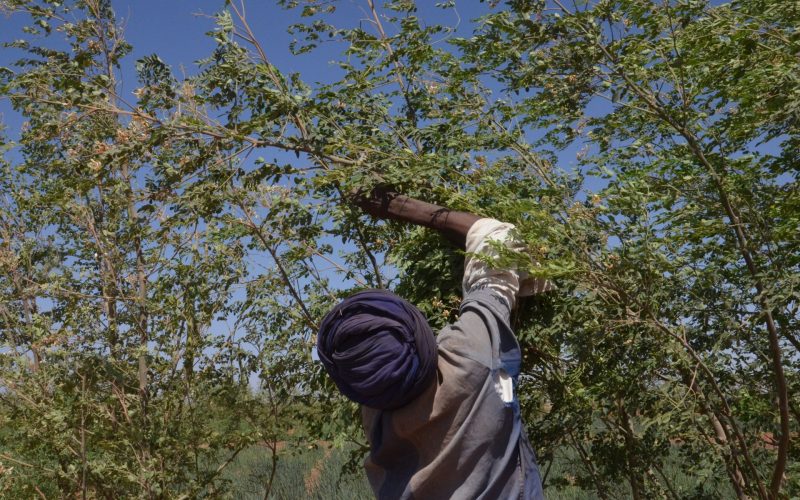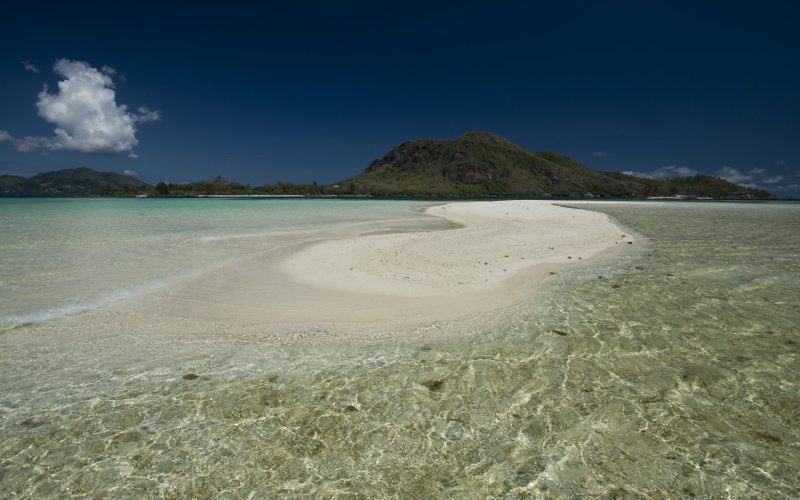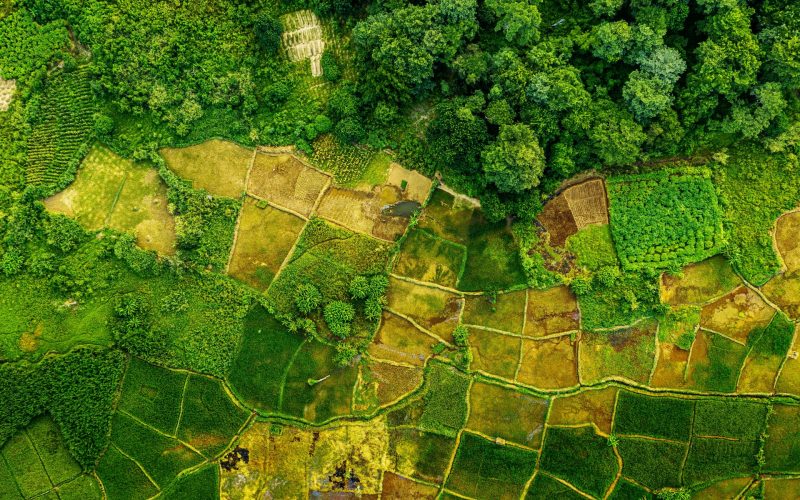Summary
- Tanzania’s coastal zone, including Zanzibar, is home to approximately 10 million people, many of whom are highly dependent on coastal and marine resources, and the ecosystem services these provide.
- Some 70% of Tanzania’s population live in urban areas, the vast majority of whom live in informal settlements that are increasingly at risk from water scarcity, flooding and heat extremes.
- The average annual temperature in Tanzania increased by 1°C from 1960–2006, with models indicating future increases in the range of 1–3°C by the 2050s. This will have serious economic consequences for its coastal cities and inhabitants.
- Sea-level rise is expected to cause damages of about $200 million per year in lost land and infrastructure damage countrywide.
- Without major investments in adaptation, it is predicted that, between 2070 and 2100, an annual average of 800 000 Tanzanians could be impacted by flooding caused by rising sea levels.
- For a country like Tanzania, with a long and vulnerable coastline and home to ample vegetation and biodiversity, marine and coastal ecosystems should be central to climate adaptation.
- Thus far only a few EbA projects are operational in Tanzania, and those that do exist tend to be isolated and limited in scale.

